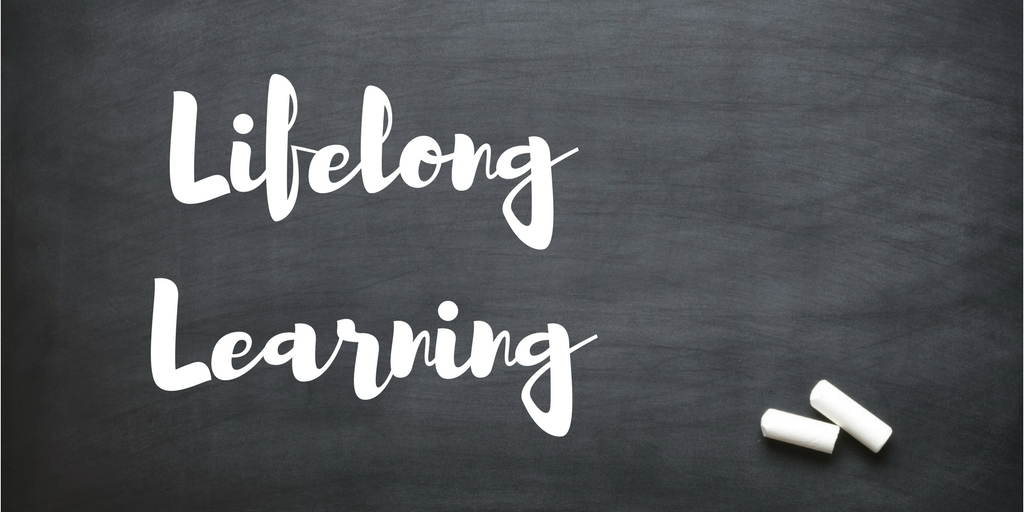
That’s what we want for our students and staff!
Lifelong Learning (def.): Lifelong learning is the ongoing, voluntary, and self-motivated pursuit of knowledge for either personal or professional reasons. Therefore, it not only enhances social inclusion, active citizenship, and personal development, but also self-sustainability, as well as competitiveness and employability.
Every day over a thousand young people enter our campus with the goal of learning – Gaining knowledge, developing skills, learning how to relate to others and learning how to cope with life.
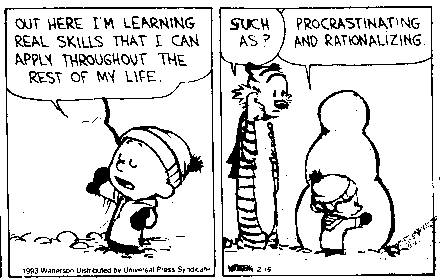
At the same time over one hundred teaching professionals and support staff enter classrooms, offices and labs to provide the learning our students need. These teachers not only deliver learning, they are role models of lifelong learning – they are constantly learning.
“Improving the efficiency and equity of schooling depends, in large measure, on ensuring that competent people want to work as teachers, that their teaching is of high quality, and that all students have access to high quality teaching” OECD Report
Parents and grandparents who come onto our campus often comment on how different school is to when they were students, and they are right.
Education in the 21st century is an evolving and challenging process that can only be effective if the “person out the front” is able to adapt and refine their professional craft to meet the needs of our students.
While our teachers hold university degrees, some having multiple degrees, they know that they need constant renewal and development through a combination of formal and informal professional learning to do their job at the level our School expects.
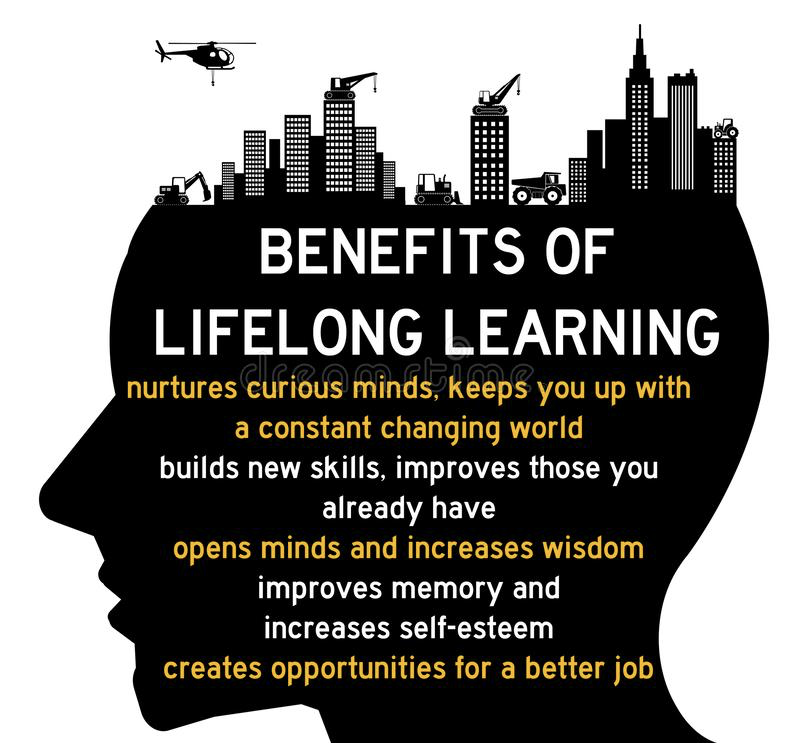
“The idea is that employees should engage in constant personal learning in order to be adaptable and flexible for the organization to stay competitive and relevant….It recognizes that humans have a natural drive to explore, learn and grow and encourages us to improve our own quality of life and sense of self-worth by paying attention to the ideas and goals that inspire us.”
Recognising that this is an important element of our School’s quest for excellence, and aware that as a regional school we face significant disadvantage in accessing high quality professional development opportunities, St Columba has taken steps to ensure that our staff are able to not only continue to renew their professional skills, but also act as role models to our students.
One of the most important things the school has done is to create a leadership position in the School, whose main responsibility is to lead, manage and review the kind of professional learning we need and determine the best way to offer this to our staff.
As Director of Professional Learning, Chris Delaney researches, organises and manages a range of professional learning experiences for staff and liaises with key educational bodies and universities to ensure our teachers remain among the very best educators in the state.
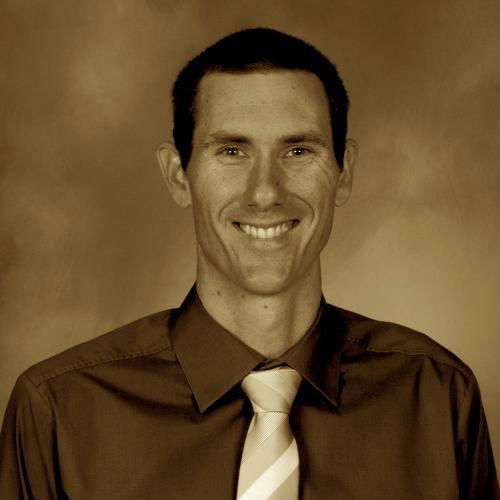
It is no accident that our professional development program has enabled our teachers to:
- Effectively use different learning management systems;
- Offer the benefits of the Deeper Learning system to our students;
- Work with peers to enhance professional practice;
- Become better leaders and managers of teaching and learning and pastoral care.
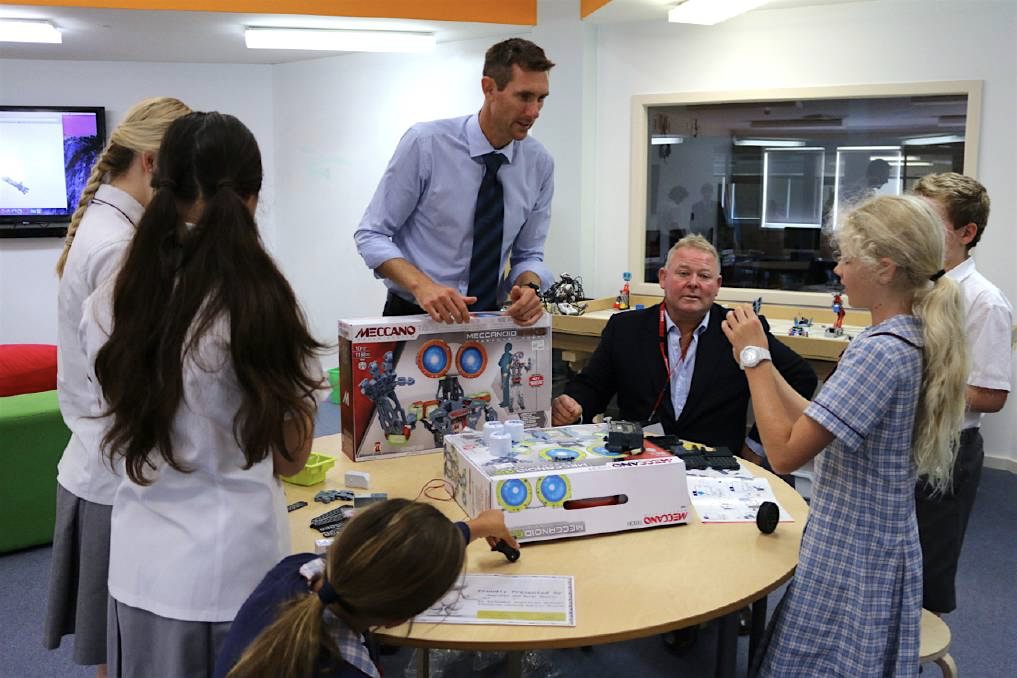
We know the quality of the teacher makes a significant difference in the quality of education our students receive.
“According to Professor John Hattie, the one thing that matters the most, and has a 30% impact on learning, is the teacher and his or her skill in the classroom.”
We know that our journey from being a really good school to a great school relies heavily on the quality of our teaching staff and their capacity and willingness to constantly hone their professional skills.
“It is the expert teacher, not simply the experienced teacher, who makes the great difference! Expert teachers engage students in learning and develop the student’s self-esteem as learners. And it is certain things that the teacher does. Effective instruction and certain components of feedback, dialogue between the teacher and the student, contribute substantially.
Exemplary teaching means challenging interaction between teacher and student together with formative evaluation, that is use of frequent feedback to improve performance against already determined (and high) standards (and previous performance). That is what those reports, inquiries and studies which compare the education systems and practices of various countries make clear. And the better education systems and practices are most likely found where teachers are respected within the community.”
Your children are in good hands!
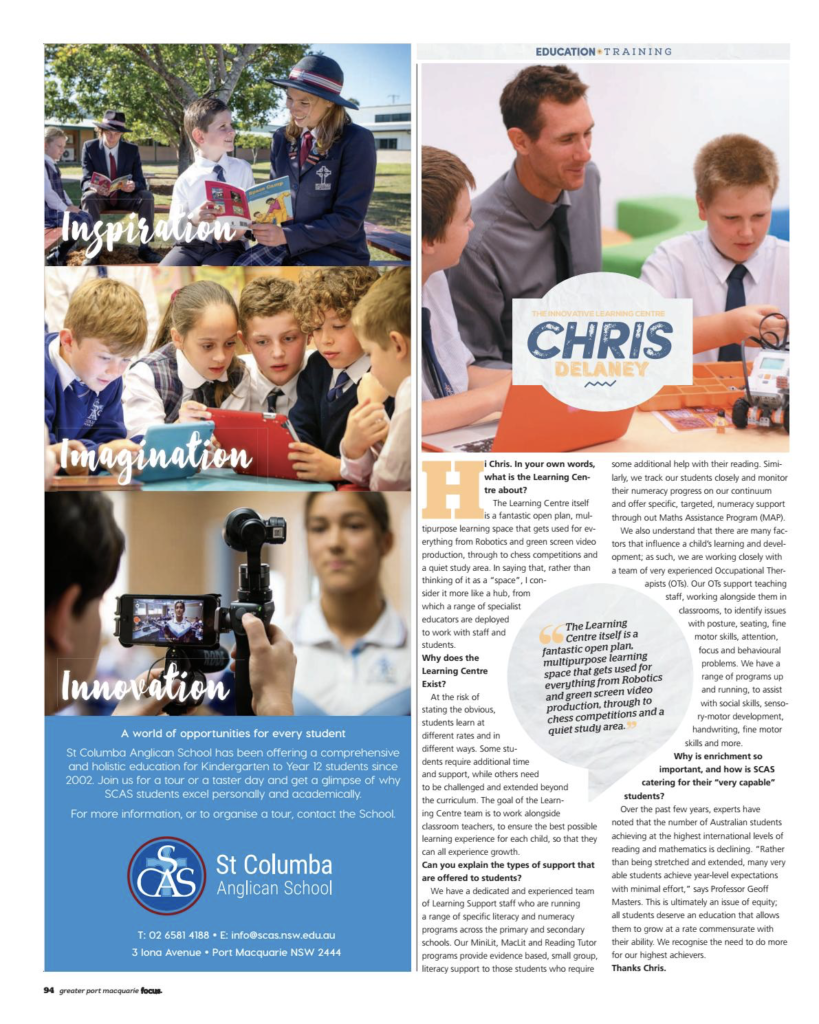
Mr Terry Muldoon
School Principal

